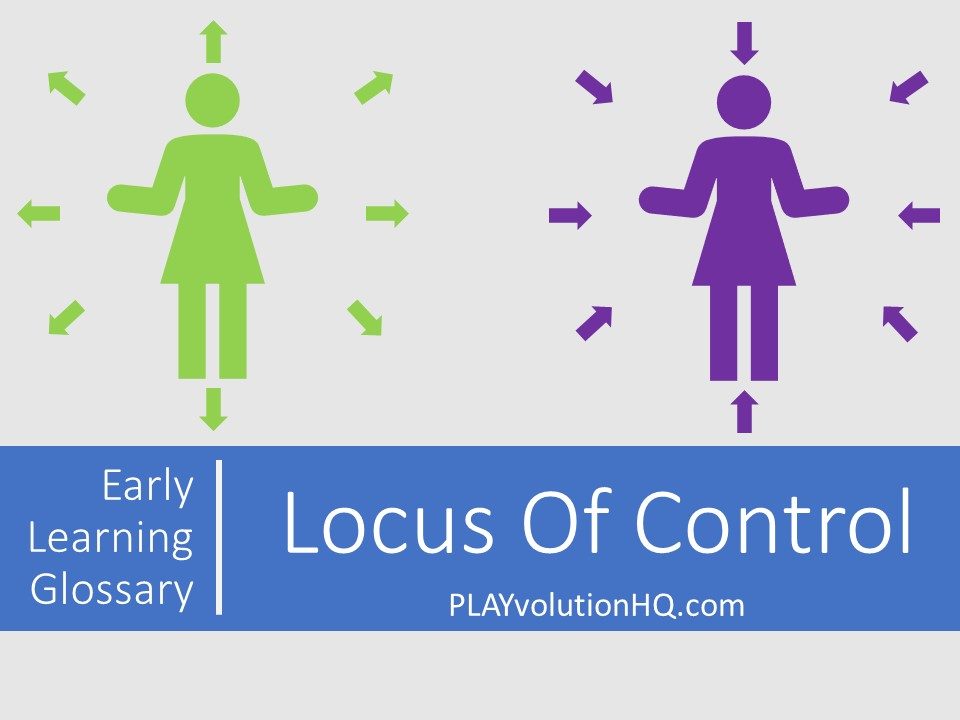
About Locus Of Control
Locus Of Control is a psychological concept, developed by Julian B Rotter, that refers to the degree to which individuals believe they control situations, experiences, and outcomes in their lives. In education, the concept generally refers to how students view the causes of their academic successes and failures.
The Glossary Of Education Reform, created by the Great Schools Partnership, explains:
Julian B Rotter (1916-2014), an American psychologist, developed influential theories, including locus of control and social learning theory. He is seen as one of the most eminent psychologists of the 20th century.
Students with an “internal locus of control” generally believe that their success or failure is a result of the effort and hard work they invest in their education. Students with an “external locus of control” generally believe that their successes or failures result from external factors beyond their control, such as luck, fate, circumstance, injustice, bias, or teachers who are unfair, prejudiced, or unskilled. For example, students with an internal locus of control might blame poor grades on their failure to study, whereas students with an external locus of control may blame an unfair teacher or test for their poor performance.
Whether a student has an internal or external locus of control is thought to have a powerful effect on academic motivation, persistence, and achievement in school. In education, “internals” are considered more likely to work hard in order to learn, progress, and succeed, while “externals” are more likely to believe that working hard is “pointless” because someone or something else is treating them unfairly or holding them back. Students with an external locus of control may also believe that their accomplishments will not be acknowledged or their effort will not result in success.
In special education, the locus-of-control concept is especially salient. Many educators believe that students with learning disabilities are more likely to develop an external locus of control, at least in part due to negative experiences they may have had in school. If their disabilities have made learning exceptionally difficult or challenging, and they have consequently experienced more failure than success in school, blaming other people and external factors can develop into a psychological coping mechanism (i.e., when someone or something else is always the cause, the students don’t need to take more responsibility over their success in school).
edglossary.org/locus-of-control/
We put together the following free handout that illustrates the locus of control:
Contribute content to Playvolution HQ
Brought to you by Explorations Early Learning
Thoughts On This Entry?
I’d love to hear your thoughts on improving this entry and suggestions for additional glossary additions in the comments below. You can also contact me with comments or concerns.
Browse Trainings
Post Author
Jeff Johnson is an early learning trainer, podcaster, and author who founded Explorations Early Learning, Playvolution HQ, and Play Haven.



Leave a Reply